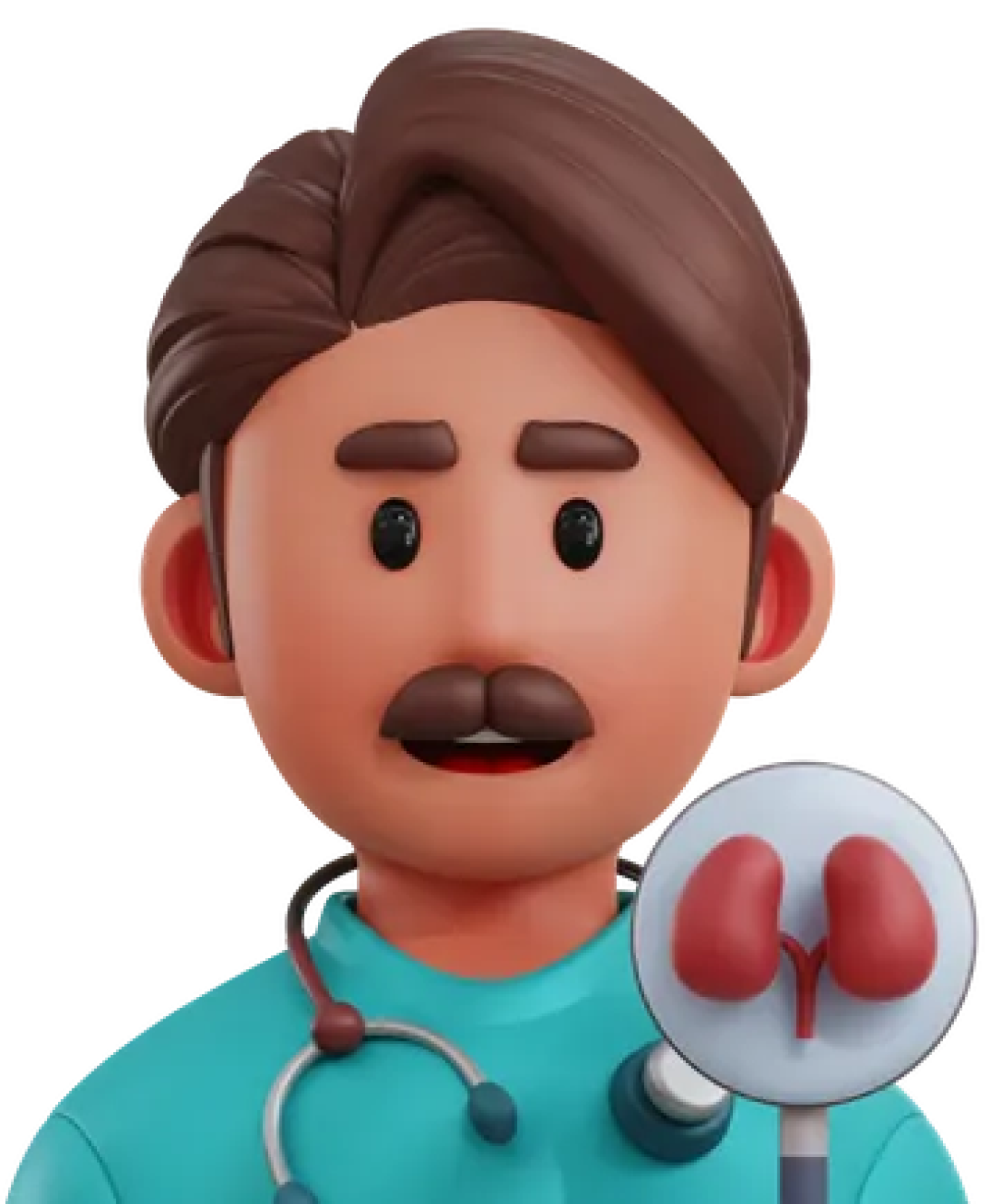Steps to organize the beloved's medicine
Understanding Medication Instructions
Start by familiarizing yourself with each medication your loved one takes. Read the prescription labels carefully, noting the dosage, frequency, and any special instructions provided by their healthcare provider. If you have any questions or concerns, don't hesitate to consult their doctor or pharmacist for clarification.
Create a Medication Schedule
Develop a detailed medication schedule that outlines the timing and dosage of each medication. Consider using a calendar, planner, or medication management app to keep track of scheduled doses and avoid missed or duplicate doses. Update the schedule regularly to reflect any changes in medication regimen.
Organize Medications Effectively
Keep medications organized and easily accessible to streamline the administration process. Use pill organizers or medication trays with compartments for each day of the week to pre-sort pills and minimize confusion. Store medications in a cool, dry place away from direct sunlight and moisture to maintain their potency.
Set Up Reminder Systems
Implement reminder systems to prompt you and your loved one when it's time to take medications. Set alarms on your phone, use medication reminder apps, or employ pill dispensers with built-in alarms to ensure timely administration. Consistent reminders help prevent missed doses and maintain medication adherence.
Administer Medications Safely
Follow proper administration techniques to ensure your loved one receives medications safely. Use measuring devices, such as syringes or medicine cups, to accurately dispense liquid medications. Encourage your loved one to swallow pills with water or another approved liquid, and monitor them to ensure they swallow each dose completely.
Communicate with Healthcare Providers
Maintain open communication with your loved one's healthcare team regarding their medication regimen. Inform their doctor or pharmacist of any changes in their condition, new symptoms, or concerns about medication efficacy or side effects. Collaborate with healthcare providers to adjust medications as needed to ensure optimal outcomes.
Keep Medication Records Up-to-Date
Maintain accurate records of your loved one's medications, including dosages, administration times, and any changes made to their regimen. Keep a list of all medications, including prescription drugs, over-the-counter medications, supplements, and vitamins, and update it regularly. Share this information with healthcare providers during appointments or emergencies.
By following these guidelines for managing medications, you can help ensure the safety, efficacy, and adherence of your loved one's medication regimen. Your dedication and attention to detail play a vital role in supporting their kidney health and overall well-being.







